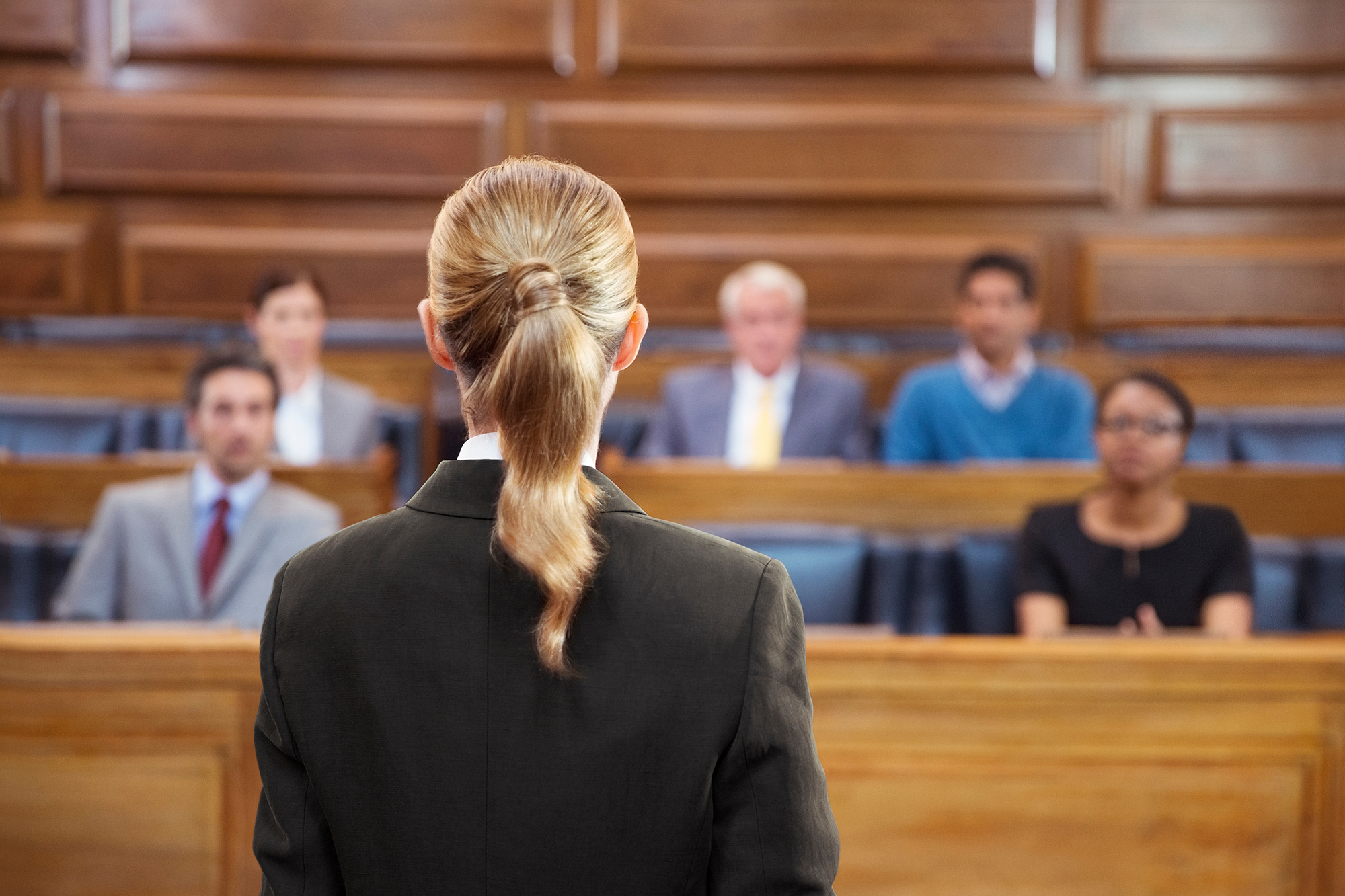Defending a Client with a Victim Mentality

Defending any client in a courtroom is a complex and multifaceted endeavor. When it comes to representing clients with a pronounced victim mentality, the challenges intensify. The intersection of psychology, jury perception, and legal strategy forms a unique landscape that defense lawyers must navigate meticulously. This article will explore why defending clients with a victim mentality poses particular difficulties and will provide insights, supported by research, into how these factors impact jury trials.
A victim mentality is characterized by a consistent belief that external forces or circumstances are solely responsible for a person's misfortunes. Individuals with this mindset often view themselves as powerless and may exhibit behaviors that reinforce this identity. According to research in psychology, individuals with a strong victim mentality tend to exhibit heightened defensiveness, a refusal to take responsibility, and a tendency to cast blame on others or on systemic issues. Clients who maintain a victim mentality might display behaviors or expressions in court that project helplessness, resentment, or defensiveness. While these traits may elicit empathy in certain contexts, they can also trigger skepticism or impatience in others, particularly in jury members who value personal accountability and resilience.
Juries are influenced by their own perceptions, biases, and values. Research from the Journal of Personality and Social Psychology shows that individuals generally have a bias towards people who appear proactive, responsible, and solution-focused. Conversely, those who display traits of externalizing blame or chronic victimization can face judgment and reduced sympathy. Moreover, the study highlighted the phenomenon known as the “just-world hypothesis,” where people believe that good things happen to good people and bad things happen to those who deserve it. This bias can lead a jury to question the sincerity or character of someone who habitually casts themselves as a victim, regardless of the case's specifics. Lawyers need to be acutely aware that while a client’s narrative of being wronged might be truthful, overemphasis on victimhood can backfire, alienating a jury that subconsciously seeks self-reliant narratives.
Here are some challenges in courtroom dynamics to consider:
1. Communication Barriers:
Clients with a victim mentality may struggle to present a consistent or coherent defense narrative. Their responses to cross-examination may become emotionally charged or defensive, which can erode credibility. This type of reactive behavior may also shift the focus away from the facts of the case, causing jurors to question the client’s reliability.
2. Framing of Testimony:
The way a client story presents plays a significant role in persuading the jury. If the testimony comes across as overly defensive or overly focused on external blame, it can seem less genuine or trustworthy. Studies on witness credibility suggest that jurors favor witnesses who appear composed and exhibit balanced reflections.
3. Perception of Accountability:
Jurors look for signs that a defendant acknowledges their role, however minor, in the situation. A client who consistently positions themselves as entirely faultless may be perceived as lacking insight or integrity. This perception can shift the jury’s sympathy or diminish their inclination to deliver a favorable verdict.
Defending clients with a victim mentality requires strategic preparation and a nuanced approach:
- Pre-trial Preparation: Work closely with clients to refine their testimony and address behaviors that could be misconstrued. Employing mock trials or rehearsals can help identify and adjust how the client presents themselves.
- Reframe the Narrative: Shift the story from victimhood to resilience. While acknowledging the hardships or external challenges the client has faced, focus on their efforts to overcome or respond to these challenges.
- Psychoeducation: Collaborate with a forensic psychologist to coach clients on how to present themselves more effectively and manage emotional reactions during the trial.
- Jury Education: Understand the jury’s biases and craft opening and closing arguments that subtly challenge potential just-world biases without alienating the jurors.
Defending clients with a pronounced victim mentality presents a unique set of challenges. The jury's perception of credibility, responsibility, and the sincerity of emotional responses can greatly impact the outcome of a case. By understanding the psychological underpinnings and strategically navigating the narrative, lawyers can work to present their clients in a light that fosters empathy while maintaining credibility. Balancing empathy with an air of accountability may be the key to transforming juror skepticism into a hard-earned victory.




